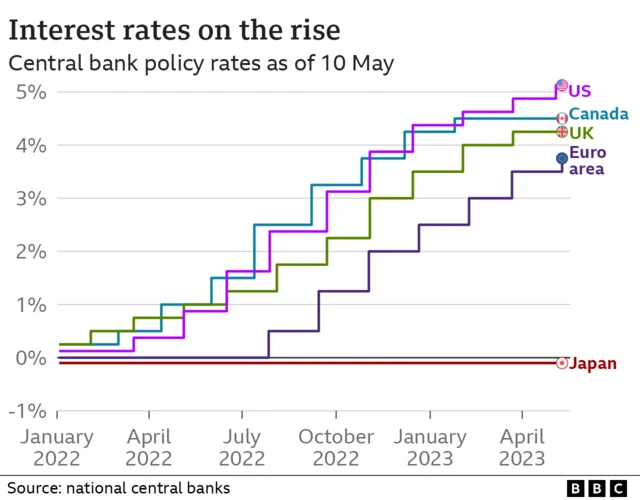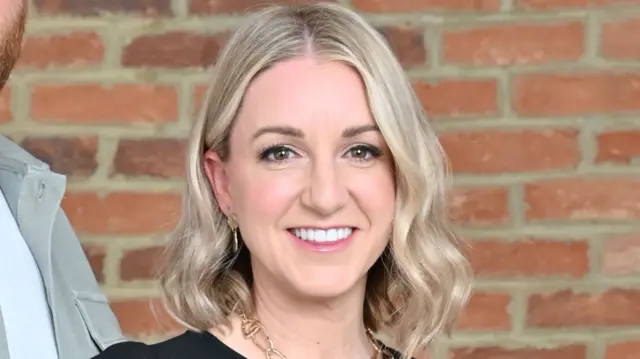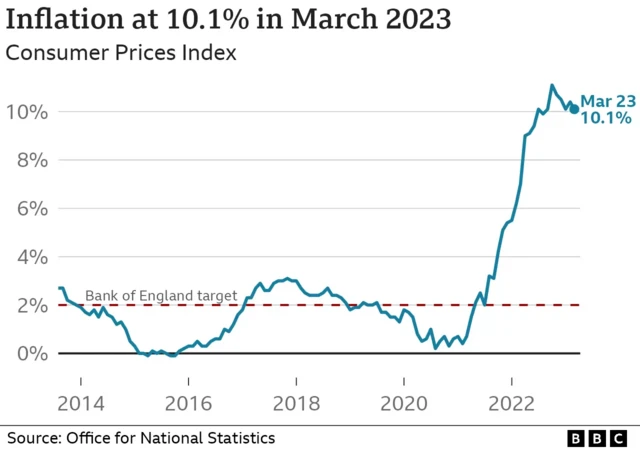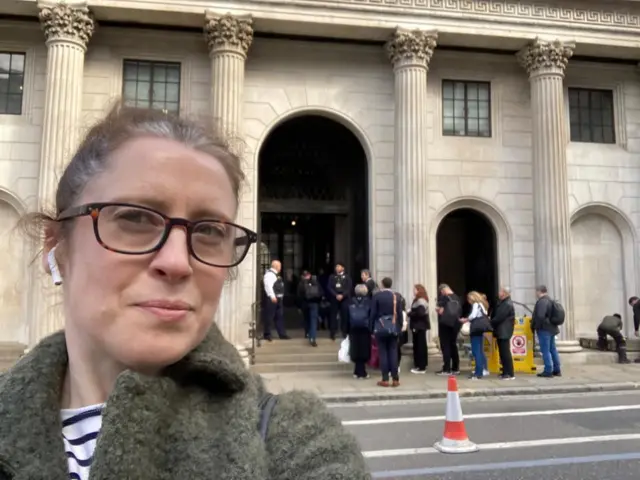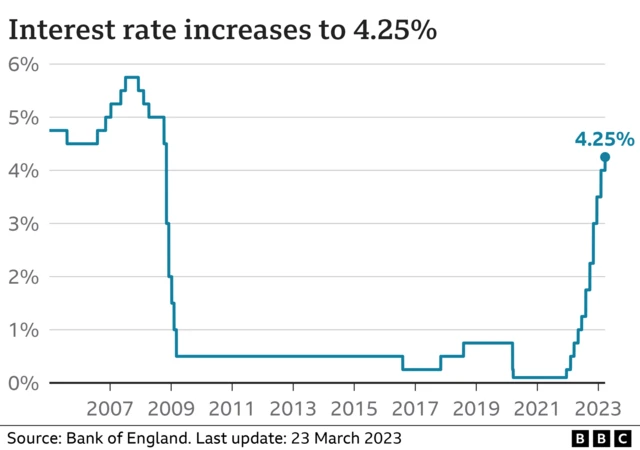Who runs the Bank of England?published at 11:32 BST 11 May 2023
As we await the Bank of England’s decision, here are a few snippets about the man who runs the UK’s central bank.
The Bank’s governor Andrew Bailey took over the role in 2019, after working at the Bank for more than 30 years.
He was born in Leicester, gained a history degree and a PhD in economic history at Queen’s College, Cambridge, and then became a research officer at the London School of Economics before joining the Bank of England.
As the Bank’s chief cashier from January 2004 until April 2011 his signature also appeared on billions of UK banknotes.
He doesn’t decide on interest rates on his own though - he’s part of the nine-member Monetary Policy Committee, external that meets eight times a year and votes on whether to increase, reduce or hold interest rates.
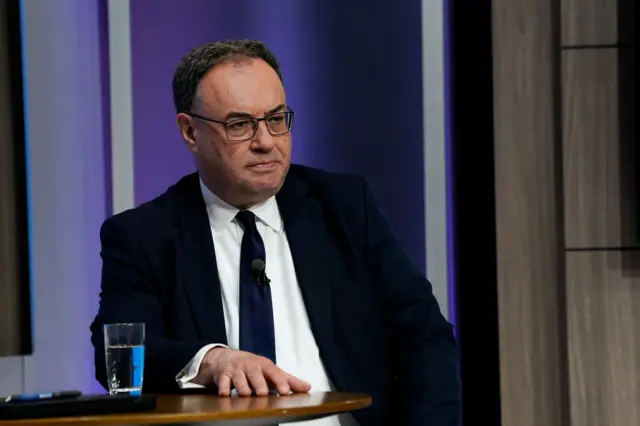 Image source, Reuters
Image source, ReutersAndrew Bailey has been working at the Bank of England for more than 30 years
